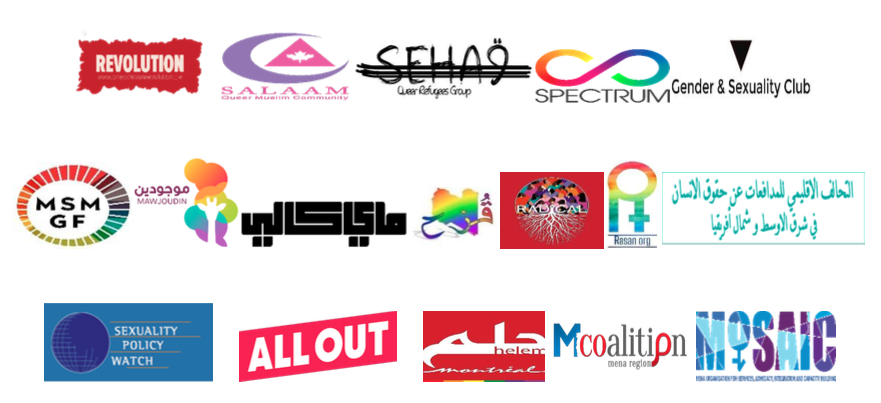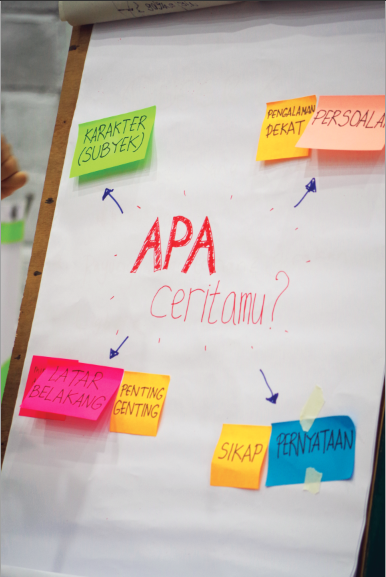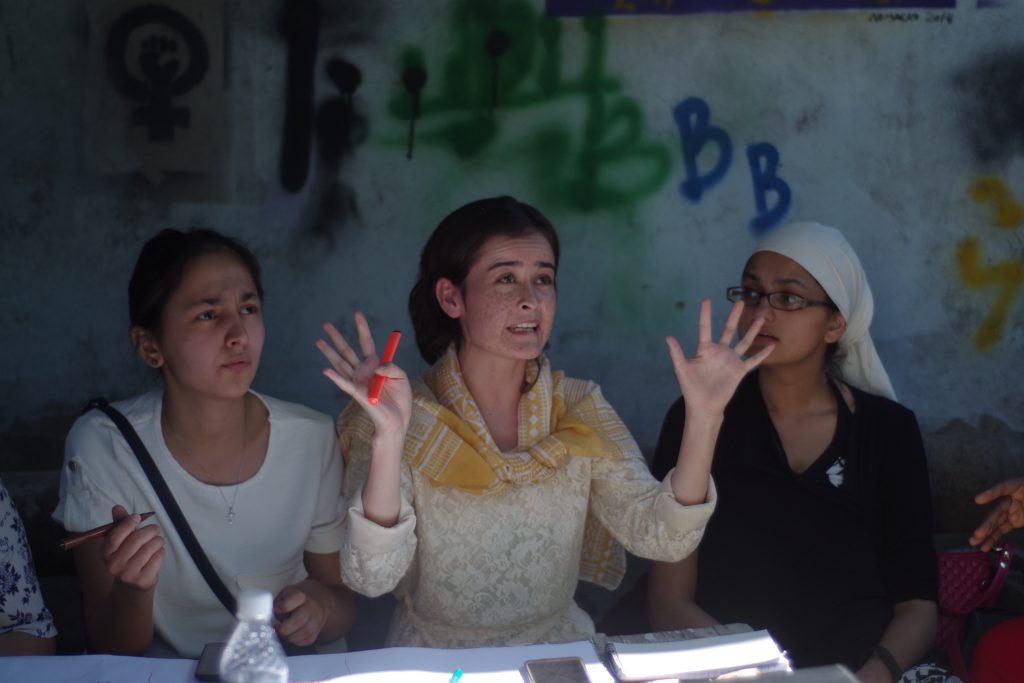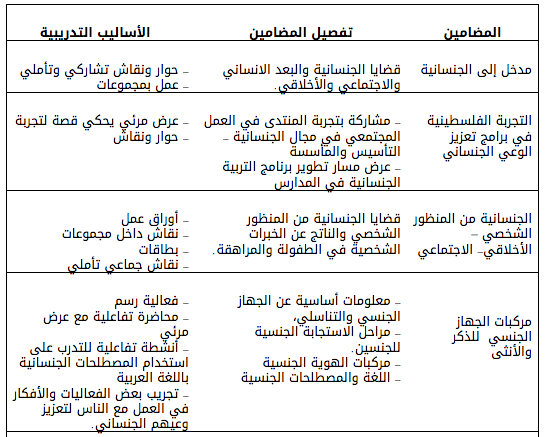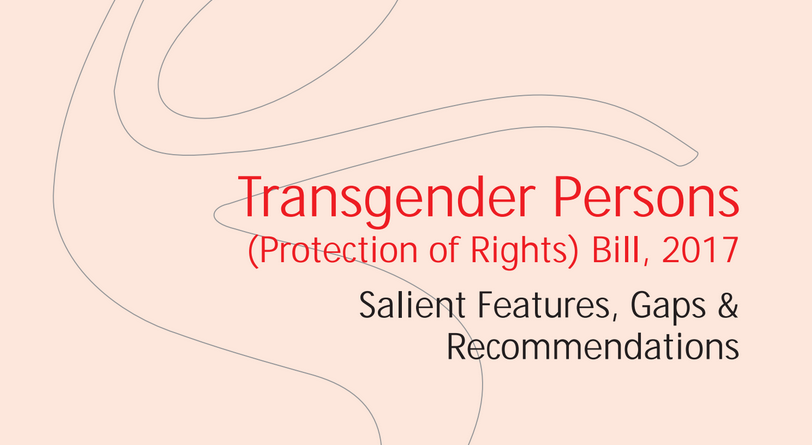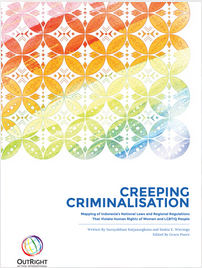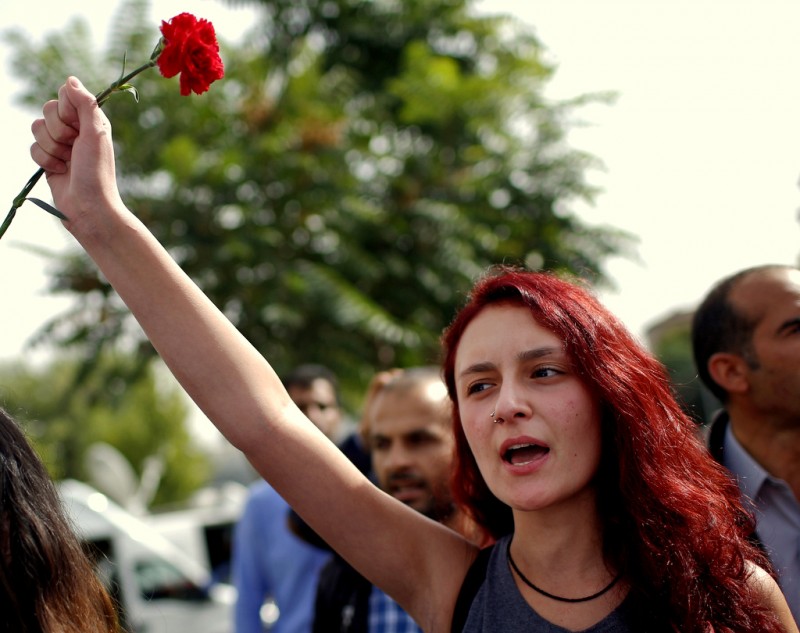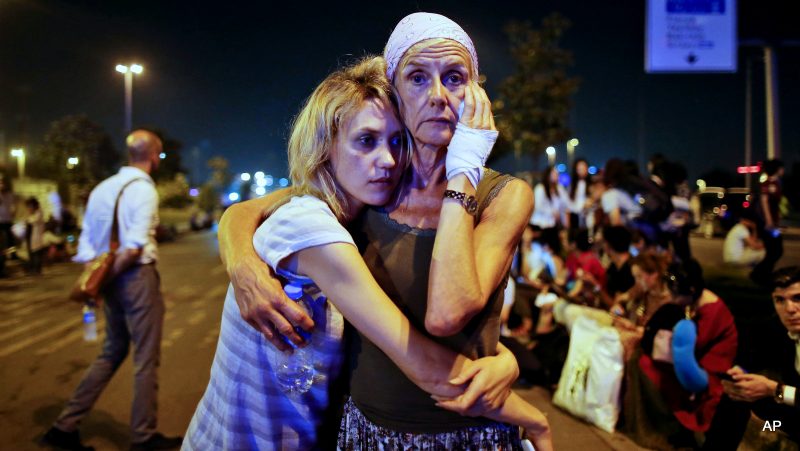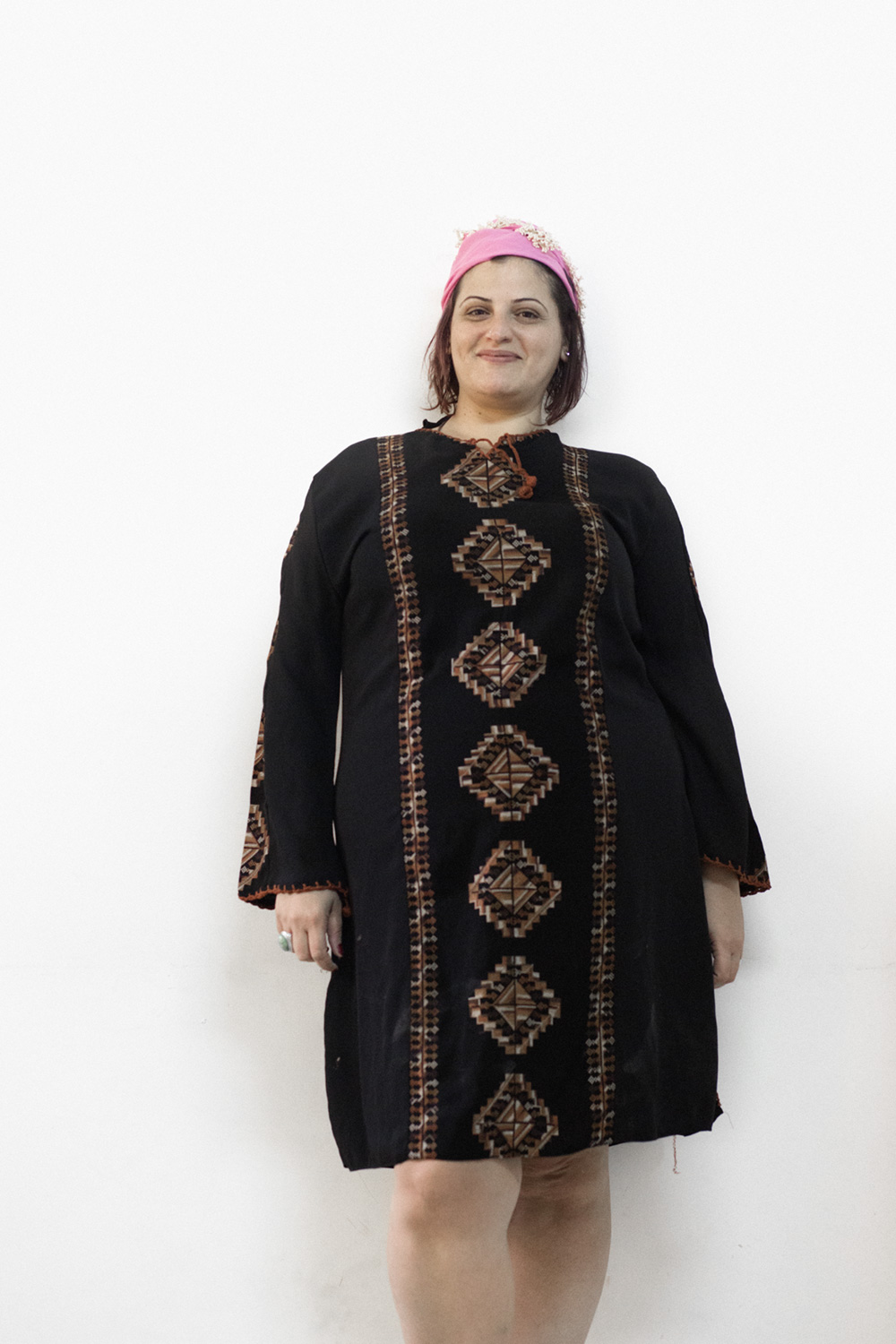Press Release
The Egyptian Initiative for Personal Rights (EIPR) condemns the ongoing crackdown targeting LGBTQI individuals, or those perceived to be, that began on September 22 after some audience members at a concert in Cairo raised the rainbow flag, known to symbolize sexual diversity and acceptance of all genders. Since the campaign began at least 57 individuals have been arrested in Cairo and a number of other governorates (the number now stands at 54). Little evidence exists to link the overwhelming majority of those arrested to the incident at the concert let alone the fact that the act itself is not punishable by law. Sexual relations between two consenting same-sex adults should also not be considered a punishable offense.EIPR also condemns the lack of guarantees of due process and fair trial for those arrested, particularly the refusal to allow detainees to contact their families and lawyers and the speedy referral of cases to court without adequate time for the defense to review police reports or investigation records. Detainees have also been subjected to various forms of violations while in detention.
Finally, EIPR condemns the parallel campaign in Egyptian media that employs a discourse of hate and discrimination to incite against a segment of Egyptian citizens based on their sexuality. EIPR calls on the media to demonstrate a minimum degree of professionalism and moral responsibility.
Unprecedented crackdown and massive violations
The crackdown started when a small number of people waved the rainbow flag, recognized commonly as a symbol of sexual diversity and acceptance of all genders, during a concert by Lebanese band Mashrou’ Leila at one of Cairo’s biggest malls on September 22. After the concert, photos circulated on social networking websites and several media figures, as well as political and religious personalities joined voices against those who were assumed to have waved the flag. In response to this incitement, police forces arrested dozens of individuals — who are either LGBTQI or perceived to be — most of whom have no link to the concert whatsoever, in the most vicious clampdown of its kind in two decades.
EIPR documented at least 57 arrests in Cairo, Giza, Ismailia, South Sinai and Damietta. The majority of those arrested are facing charges of “habitual debauchery,” or “promoting debauchery,” in accordance with articles 9 and 10 of Egypt’s anti-prostitution and debauchery law 10/1961. Others face charges of facilitating debauchery, and two face charges of joining an outlawed group that aims to disrupt the provisions of the Constitution and the law through inciting “deviancy.” Remarkably, a number of these individuals have already been found guilty of charges and 10 defendants in 9 cases have received harsh prison sentences, ranging from one to six years.
Police forces are continuing their campaign to arrest individuals assumed to have been involved in waving the rainbow flag. Starting at 9 pm Monday, up until the writing of this statement, police were still raiding homes.
Security forces arrested both Ahmed Alaa and Ali Farag in Damietta, and transferred them to the Damietta police precinct, from where Farag was later released. Before his release, Farag was questioned by a National Security Agency officer about his involvement in the flag waving “incident,” and was asked about his knowledge of others who may have been involved. Sarah Hegazy was also arrested in Cairo simultaneously. Hegazy and Alaa were both interrogated on Monday morning at the Supreme State Security Prosecution, and were charged with joining outlawed groups that aim to disrupt the provisions of the Constitution and the law, as mentioned above. The police also raided the homes of a number of other women suspected to have participated in waving the flag, but who escaped arrest as they weren’t home at the time.
“We are sure that the scale of the crackdown is much larger than we know. Every single time lawyers have been to the prosecution, or to court, they have discovered more arrests than they expected. They also noticed that all of those arrested, either through online entrapment, or from LGBTQI friendly spaces, were being interrogated in separate cases,” says EIPR executive director Gasser Abdel-Razek.
The arrests, interrogations and indictments are all replete with blatant violations of the right to a fair trial and its guarantees, as stipulated by the Constitution and international conventions that have been ratified by successive Egyptian governments. In particular, EIPR expresses its deep concern at the rapid referral of these cases to court, without enabling defendants to exercise their constitutional rights to contact their families and choose their lawyers.
“They wanted to refer the arrested to court so quickly, that the prosecution referred some cases to divisions that have no competent jurisdiction, which they pointed out,” explains Alaa Farouk EIPR’s lawyer.
In at least one case, the public prosecutor’s office referred a minor to the Misdemeanor court. Ahmed Hossam, the human rights lawyer who attended the inquiry recounts: “The prosecution had a health inspector present a certificate stating that the age of the arrested is 19. We had to present a birth certificate to the court to prove that he is 17. In the second session, the court decided not to try him as an adult and referred him to juvenile court.”
Testimonies from lawyers, as well as similar experiences over the past few years, suggest the strong possibility that the detainees are being subjected to degrading and harsh treatment, in addition to forced anal examinations that are often conducted soon after arrest. In 2002, the United Nations Committee against Torture stated that these tests are “a form of cruel, inhumane and degrading treatment that can rise to the level of torture.”
“It has been proven over and over again that forced anal examinations are based on flawed science. Not only are the detainees’ bodies violated without their consent, but they also face violations in the transfer from the police department to the forensic department. They are subjected to insults and defamation on the street by the policemen accompanying them. Moreover, these examinations reflect a prevailing notion among the state that debauchery only afflicts the person being penetrated,” says Dalia Abdel-Hameed, EIPR’s Gender and Women’s Rights Officer.
Egyptian media promotes hate speech and is a partner in incitement
Since the first day of the security crackdown, Egyptian media has incessantly called on the police and other state institutions to pursue LGBTQI people, or those suspected of being LGBTQI. They have promoted a speech of hate and discrimination against individuals by claiming that the waving of the flag, as well as anyone who is LGBTQI, poses an illusionary threat to the values and morals of Egyptians.
In one newspaper, an article was published titled: “Leila’s audience thanks those waving the gay flag at the concert,” in a thinly-veiled insinuation that all those attending the concert are LGBTQI. Another newspaper reviewed reactions on social networks, including comments by those who welcomed the waving of the flag and those who condemned it. This has contributed to inflaming the general climate and aided in the incitement and mobilization against LGBTQI people.
Other media outlets hosted or held calls with guests that included religious figures and public personalities, such as the head of the Musicians Syndicate, who all joined the chorus of incitement, calling on security services to act. One caller demanded “Islamic retribution” against those who waved the flag, as well as the organizers of the concert. This is in addition to the leveling of insults against anyone who participated in the concert, and claims of “sexual deviancy.”
The campaign widened in the days following the concert, and included members of the National Council for Human Rights and members of parliament, some of whom filed requests for investigations. A member of the Legislative and Constitutional Affairs committee in Parliament announced that the committee would look into strengthening the penalty for homosexuality, despite this not constituting a crime in Egypt.
Some media outlets went as far as publishing news about the expulsion of a Helwan University student by the university council, after they allegedly established he was at the concert waving the flag. The paper failed to conduct any fact checking and did not comment on the standards by which such decisions should be undertaken, including proper investigations, etc.
Media outlets continue to publish news in a manner that encourages the pursuit of LGBTQI individuals, mostly through entrapment online, without considering the illegality of their actions. This is in addition to the slander of those arrested by publishing their personal details in the news before interrogations are concluded or formal charges are made.
The Supreme Council for Media also issued a statement which read: “Homosexuals should not appear in visual, broadcast media or the Press,” and considered homosexuality to be “a disease and a shame that is best kept hidden, not promoted,” in flagrant violation of the most basic rules of the profession, and in clear contradiction of modern medicine and the knowledge provided by the World Health Organization on homosexuality.
Not an isolated incident
The current crackdown on LGBTQI individuals shouldn’t be seen in isolation from the organized campaign that has been waged by the “morality police” against LGBTQI individuals for over four years. EIPR has recorded the arrest of 232 people, who are either LGBTQI, or are perceived to be, between the last quarter of 2013 and March of 2017. The overwhelming majority of those arrested were referred to court under the aforementioned anti-prostitution and debauchery laws.
Through the cases collected by EIPR and the testimonies of former prisoners and defendants, we have compiled evidence of a wide range of violations against LGBTQI individuals throughout this campaign, particularly against men having sex with men and transgender individuals. The common manner of arrest is through online entrapment, in which an officer or member of the morality police uses a gay or transgender dating application to pose as a man seeking gay sex, luring others to meet, at which point they are arrested. This entrapment and assumed intention is considered clear incitement to commit a crime by security forces.
Moreover, all interviewees confirmed having been subjected to various forms of harsh and inhumane treatment, amounting to torture in many cases. These include vicious beatings, persistent insults in police stations and threats of sexual violence. Some have been threatened with being placed in a cell with other prisoners who have been incited to rape them. EIPR noted that several of those arrested in this crackdown were subjected to anal examination, which as explained above is a degrading and inhumane measure that could amount to torture.
Re-posted from: https://eipr.org/en/press/2017/10/egyptian-state-wages-unprecedented-arrest-campaign-against-individuals-based-their



